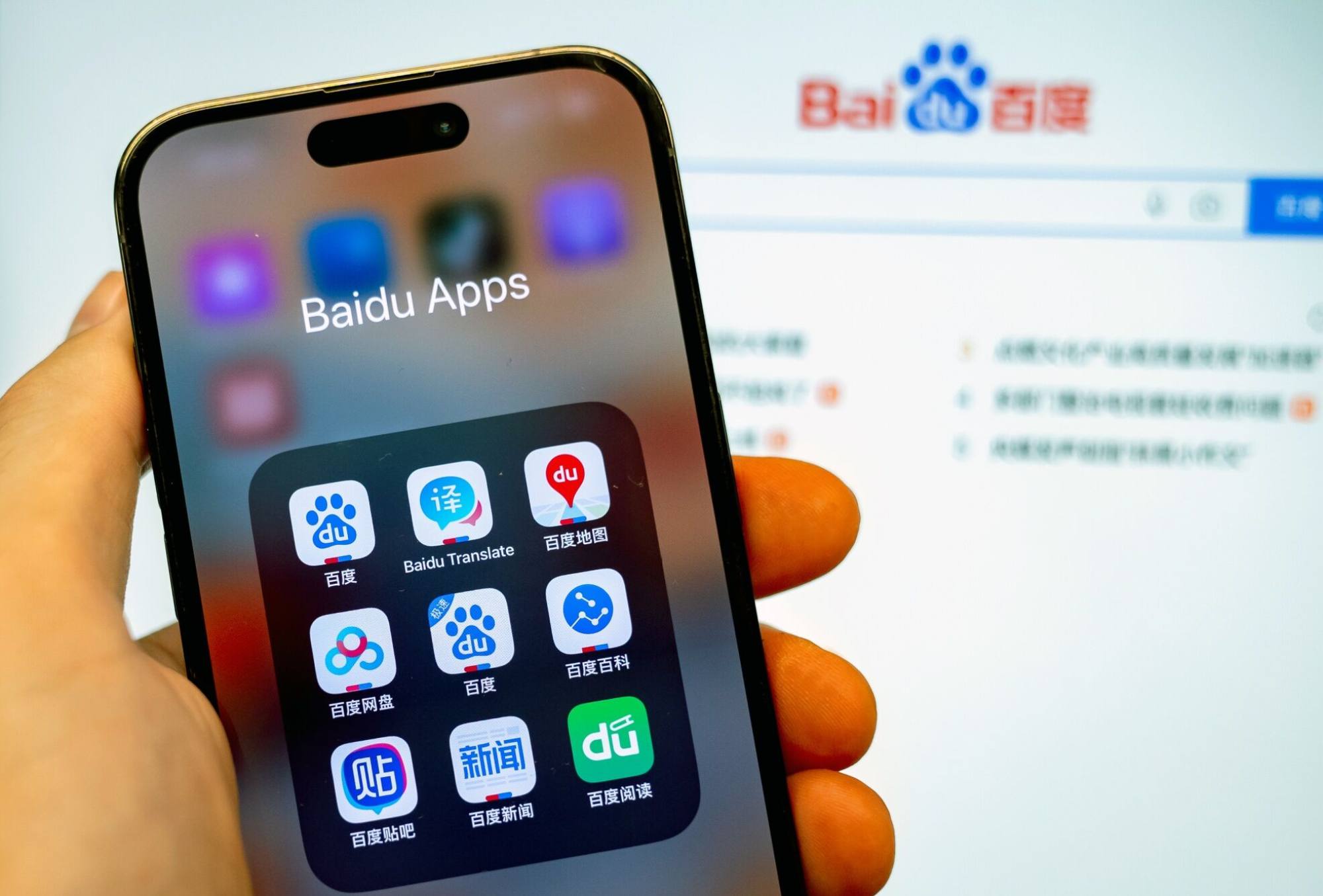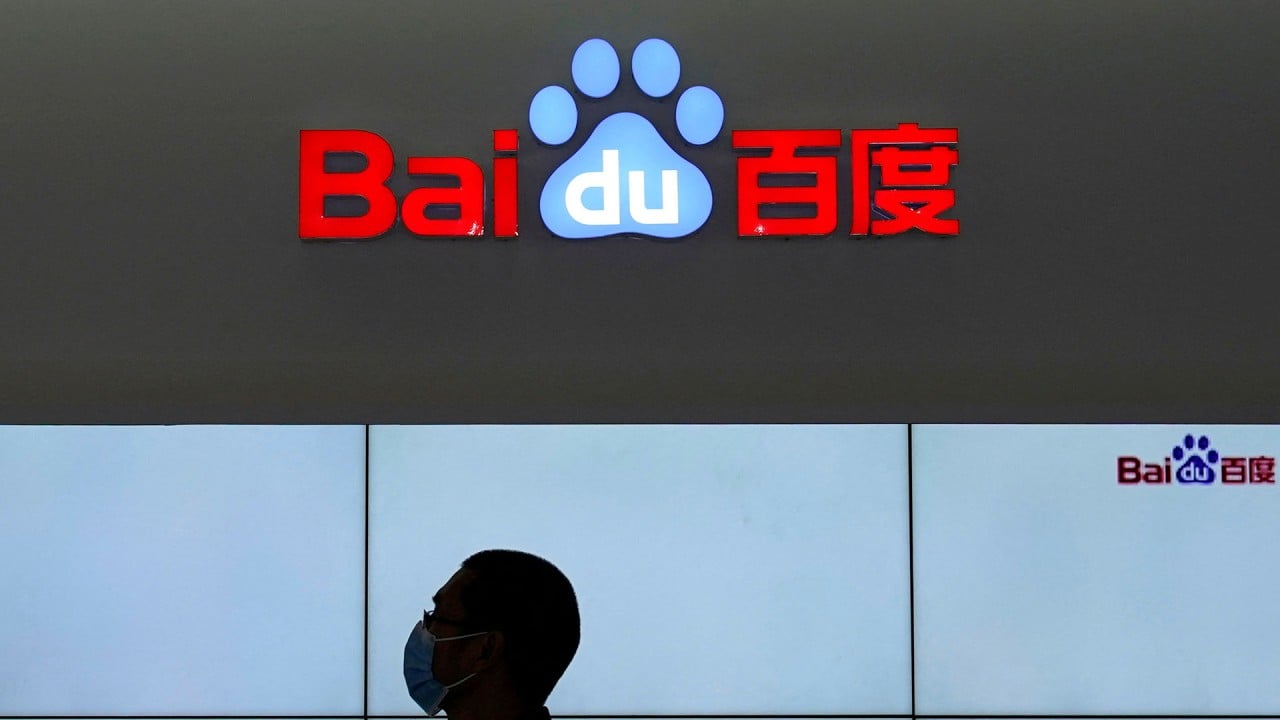“We are still awaiting the green light for the large-scale roll-out of Ernie Bot in consumer-facing apps,” Li said. “While we don’t have an exact date for everything … we’re quite optimistic about the future of a better regulatory environment.”
Advertisement
“Generative AI is pretty new, and it’s understandable that people might have concerns about things like user privacy, IP [intellectual property] protection and AI ethics,” Baidu’s Li said. “So there should be certain regulatory requirements in place.”
Baidu’s Ernie Bot joins iFlytek’s Spark on Apple’s China App Store
Baidu’s Ernie Bot joins iFlytek’s Spark on Apple’s China App Store
Ernie Bot users, however, are required to obtain an additional permit to use any of the app’s functions after downloading it, as Beijing has not allowed any generative AI service to be made available to the general public.
Advertisement
All generative AI algorithms and products must go through security testing and review by the CAC before these can be made available to the public. US start-up OpenAI’s ChatGPT and Google’s Bard are not available in China’s closed market.

The CAC in June published a list of 41 generative AI algorithms that have been “registered” with the agency, part of a pre-screening process before a licence is granted.
Advertisement
While there is currently no timeline for the public roll-out of local generative AI services in mainland China, Baidu’s Li said the country’s AI trend was “very promising”.
“The government has increasingly recognised Ernie Bot, which we believe provides a good foundation for its eventual release on a large scale,” he said. “We are working closely with the regulators and other organisations to push the development and the proper usage of generative AI.”
In his prepared remarks during the conference call on Tuesday, Li said Baidu has already integrated Ernie Bot its various products to “improve, rebuild and create new offerings”.
Advertisement
That included enabling the firm’s Baidu Search app to provide users with more personalised and in-depth research on a topic or project.
Advertisement


